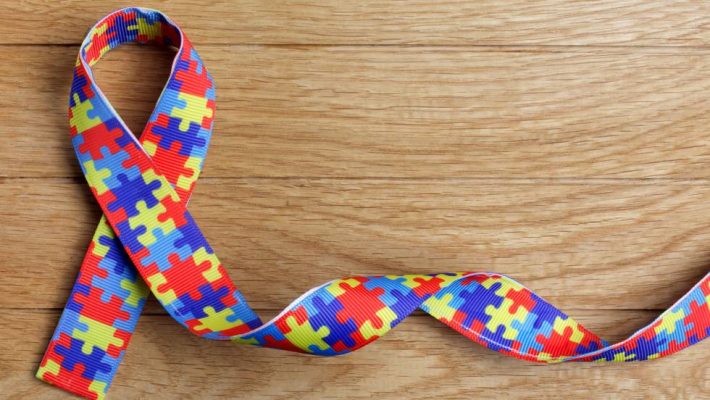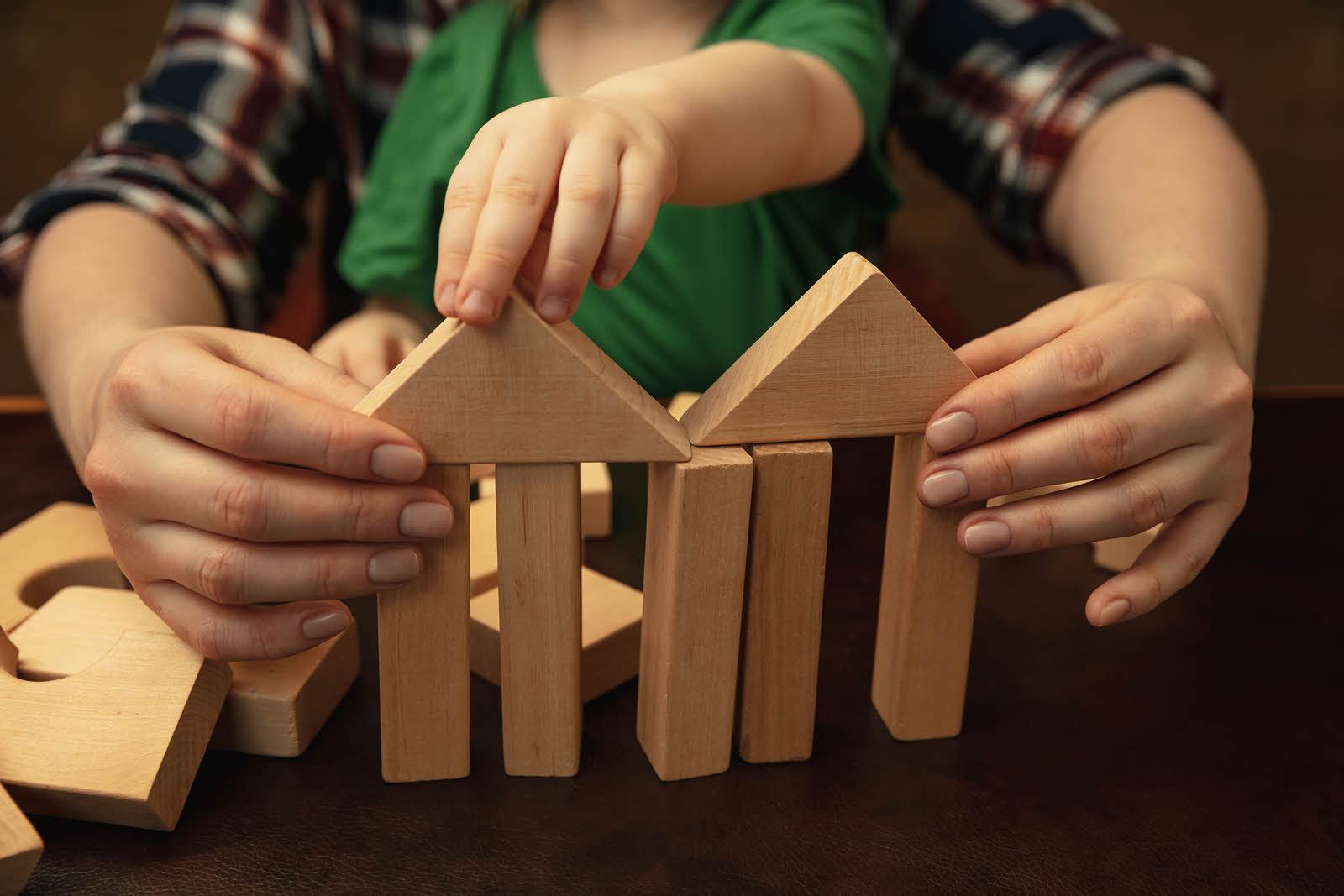
The importance of maintaining good communication with children
The COVID-19 pandemic has brought many changes and restrictions for everyone. However, looking at the positive side, something good has happened as families now have the opportunity to spend more time together. Being all at home allows for sharing meals, leisure time as a family, and some household responsibilities. Children and young people need to […]
22 March, 2024

On April 2, we celebrate “World Autism Awareness Day”.According to WHO statistics, one in every 160 children worldwide has Autism Spectrum Disorder (ASD), although in low- or middle-income countries like ours, the prevalence has not been extensively studied.Individuals with ASD experience a disorder that affects neurological development. It is typically detected before the age of […]
25 March, 2024

How to boost self-esteem in children
Self-esteem is the personal evaluation we make of ourselves, considering our own abilities, skills, achievements, and mistakes. Being a subjective opinion or judgment, it is greatly influenced by our emotions and mood, so it can range from positive self-esteem to negative. For better or for worse, self-esteem is an assessment that changes throughout life, depending […]
21 March, 2024